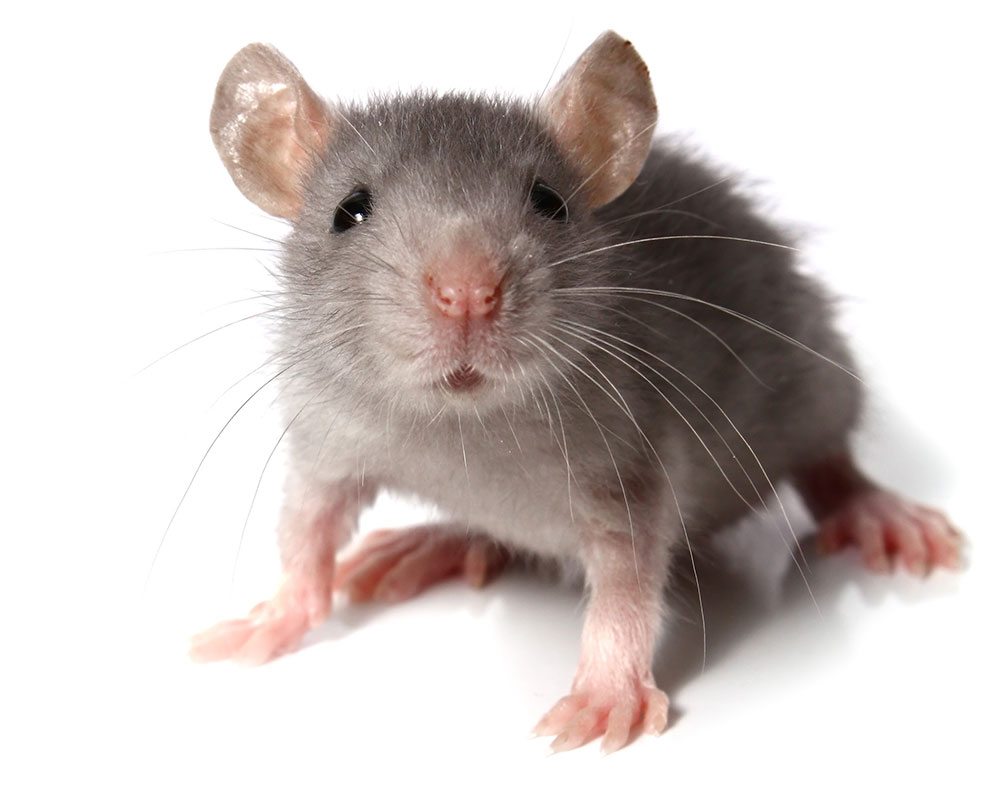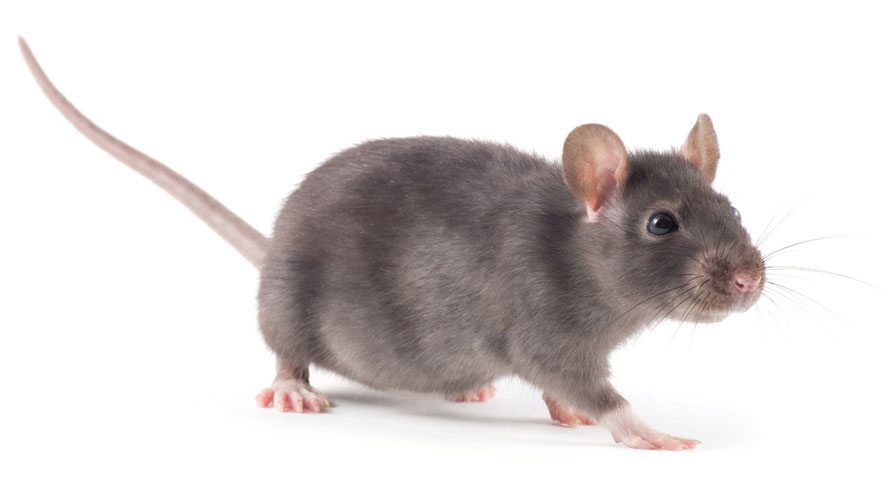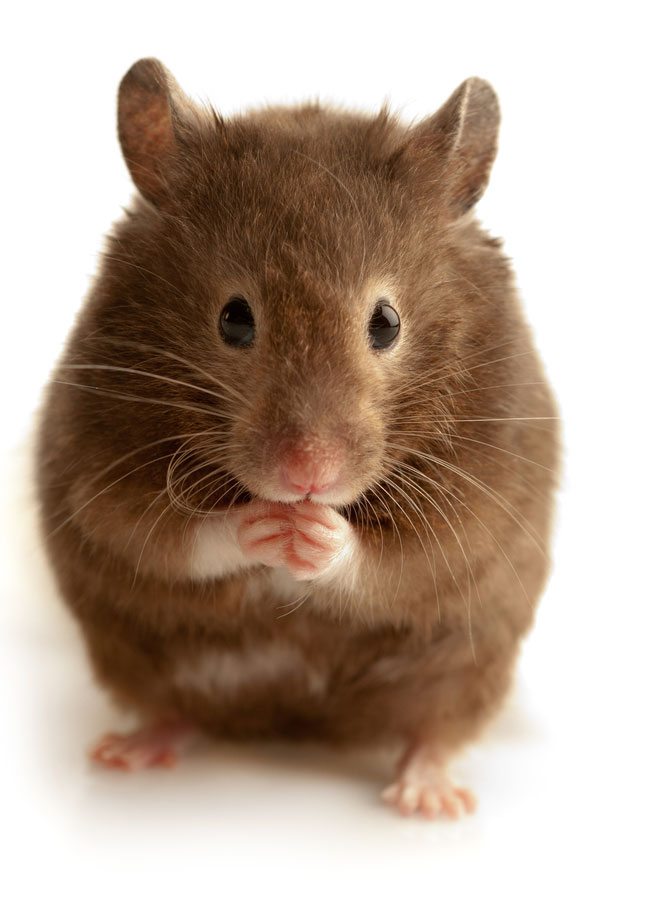Damage to Your Home or Business
Mice are rodents who can squeeze through a hole the size of a dime. Mice reproduce at a very high rate. A mouse will have eight to ten litters of 3-16 young annually, each with a lifespan of about one year. Their reproductive life begins at around 6-8 weeks of age. They are excellent jumpers and climbers – able to jump from a height of 2.4 m, or jump up to 30 cm off the ground and are capable swimmers, if needed. Due to their size and behaviour, a small mouse problem within a home / building can go undetected as the population and the damage they cause continues to escalate. Attics, walls, crawl spaces and pantries are all common spots in your home where mice will build nests. A mouse will often use holes made for plumbing or wiring to access walls and crawl spaces. We only use 100% proven rat-mice removal techniques.







